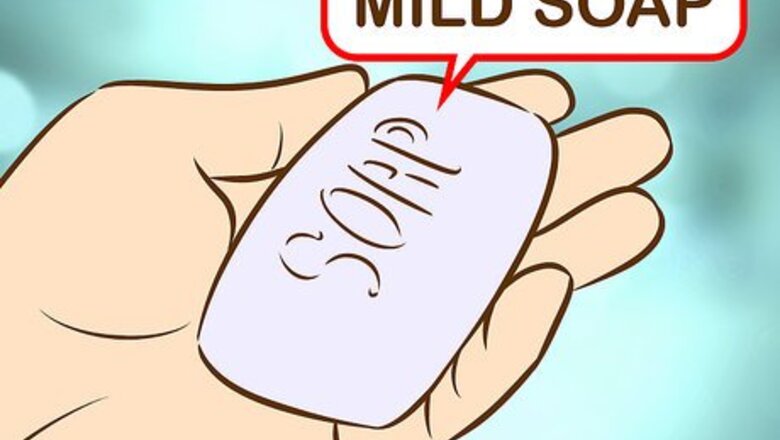
views
Cleaning an Uncircumcised Penis
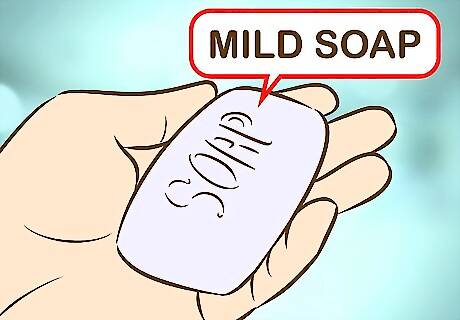
Choose a mild soap. Many soaps contain perfumes that may irritate sensitive skin, and some contain cleaning agents too harsh for use on the genitals. For best results, choose a mild, unscented soap meant for use on the body (in other words, do not choose hand soap). If you have sensitive skin, ask your doctor or dermatologist about choosing soap that's right for you.
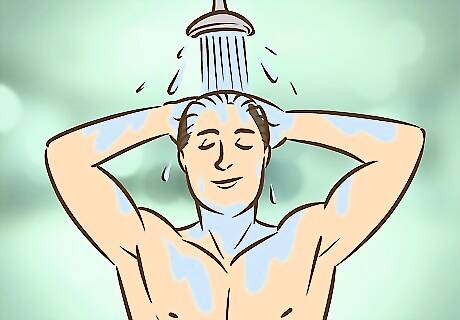
Take a shower or bath. Use warm water, rather than hot water, to avoid burning or irritating your genitals and the rest of your body. Shower as you normally would, washing all over with warm water and the mild, unscented soap you've chosen.
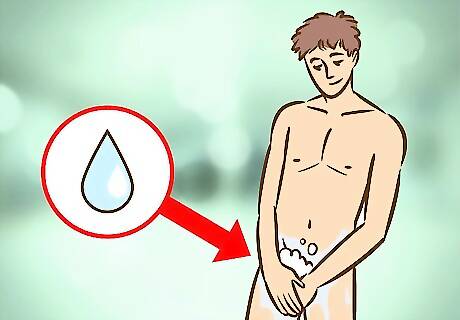
Wash the penis. Lather up your choice of mild, unscented soap between your hands, and apply it to the testicles and shaft of the penis. The key thing to remember with an uncircumcised penis is to wash under the foreskin. Gently pull the foreskin back as far as it will go. Do not force the foreskin past its natural point, as this may damage the penis and cause scar tissue to develop. Apply soap under the foreskin, and thoroughly rinse away all the soap and any debris that may have collected. Return the foreskin back to its natural position.
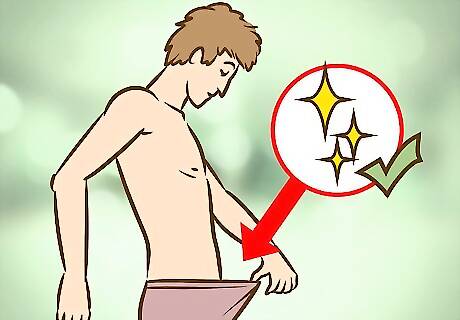
Keep it clean. Personal hygiene is important, but doctors warn against over-washing the penis. Washing too frequently, especially with soap or shower gel, can cause soreness and irritation. You should also thoroughly dry the penis after showering. If you use talc or body powder on your testicles, resist the urge to powder the penis. If talc gets under the foreskin, it can cause irritation and discomfort. If you use talc powder, you may want to switch to a cornstarch-based powder instead. There may be a link between talcum powder and ovarian cancer — so if you have vaginal sex with a partner who has ovaries and have talc powder on your penis, you may be putting them at risk.
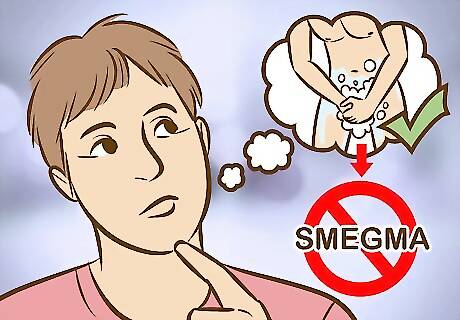
Understand foreskin care. With proper care and hygiene, having an uncircumcised penis does not present any significant health problems; however, failure to clean under the foreskin can cause a buildup of oils and debris, called "smegma." Other common foreskin problems include: inflammation, usually caused by forced retraction and irritants like harsh or perfumed soap infection, such as posthitis and balanitis, typically caused by poor hygiene and unwashed smegma build-up
Washing a Circumcised Penis
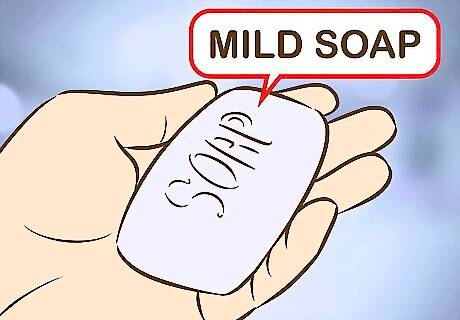
Use a mild soap. Even without the foreskin, you'll want to ensure that you use soap that won't irritate your penis. Opt for a soap or body wash that is mild and fragrance-free. Ask your doctor or dermatologist about choosing soap that won't irritate your skin.
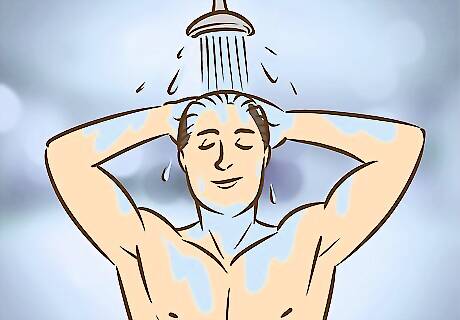
Take a shower. Once again, it's important to choose a water temperature that won't scald or irritate your skin. Aim for warm (but not hot) water, and wash with soap all over your body like you normally would.
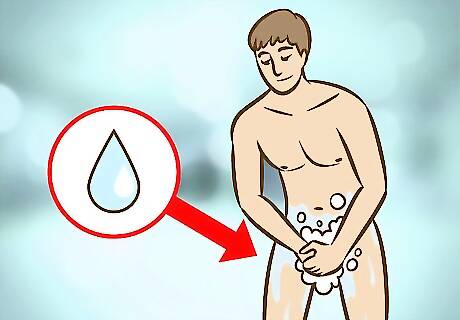
Wash the penis. Lather your mild, unscented soap well between your hands. Apply it to the testicles, the base and shaft of the penis, and under the head of the penis. Even without foreskin, it's important to properly wash under the head of the penis as sweat, bacteria, and debris can still accumulate there. In the absence of the foreskin, all you have to do is lather the penis and thoroughly rinse away the soap under the shower or in the bathtub. Be sure to thoroughly dry the penis after showering or bathing. Without foreskin, it's technically safe to apply talc or body powder, but you should still exercise caution to avoid getting talc in the urethra or causing skin irritations.












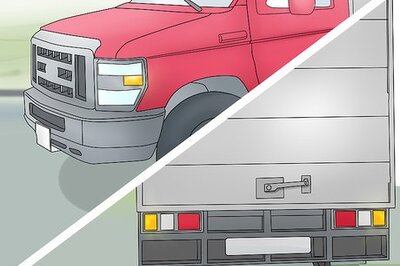


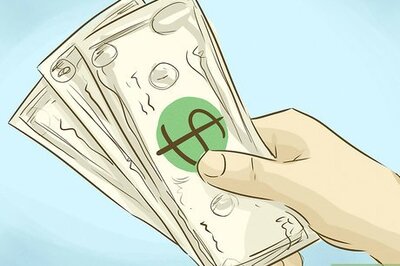




Comments
0 comment